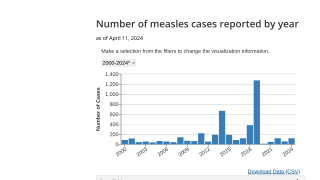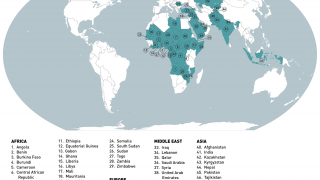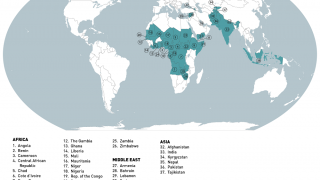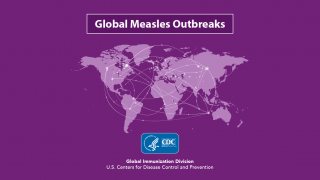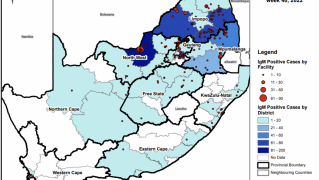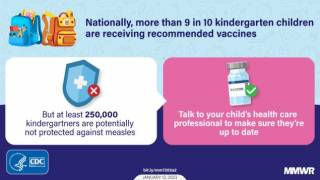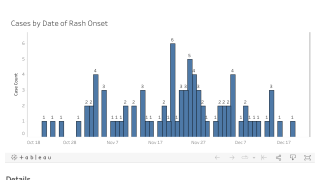School Vaccinations Increased When Nonmedical Exemptions Were Eliminated

When New York Senate Bill 2994A was passed in June 2019, nonmedical vaccine exemptions for attending school were eliminated. This action was related to a previous measles outbreak in unvaccinated residents.
An analysis of the 2018-2019 measles outbreak in New York City estimated that around a quarter of young children in an affected community were susceptible to the measles virus, likely due to under-vaccination.
Since 2019, a positive vaccination trend has evolved in New York.
To calculate the impact of Senate Bill 2994A, an Original Investigation was conducted and published by the JAMA Network Open on February 2, 2024.
This investigation found implementing this Senate Bill was associated with absolute increases in mean vaccine coverage of 5.5% (95% CI, 4.5%-6.6%) in New York among nonpublic schools and 0.9% (95% CI, 0.7%-1.1%) among public schools.
This New York law's implementation was also associated with a 0.1% mean absolute decrease in medical vaccination exemption uptake at both public and nonpublic schools, with additional annual mean increases of 1% among nonpublic schools and 0.3% among public schools estimated through the 2021 to 2022 school year.
Additionally, these researchers found that Senate Bill 2994A implementation was associated with a slight decrease of 0.1% in medical exemption uptake among nonpublic and public schools, with subsequent annual mean decreases of 0.02% among these schools through the 2021 to 2022 school year.
The apparent differences between public and private schools have implications for the control and spread of vaccine-preventable diseases and suggest greater susceptibility to vaccine-preventable disease outbreaks among nonpublic schools, where diseases may spread among closed communities.
According to the researchers of this cohort study with interrupted time-series analyses, repealing nonmedical vaccination exemptions was associated with increases in mean vaccine coverage at schools outside of NYC.
Among these schools, evidence that coverage gains were offset by increasing medical exemptions was not found; instead, a small but significant decrease in medical exemptions associated with the implementation of Senate Bill 2994A was observed.
A new faculty start-up award from the Albany College of Pharmacy and Health Sciences supported this work. Corresponding Author: Margaret K. Doll, Ph.D., MPH, Albany College of Pharmacy and Health Sciences (margaret.doll@acphs.edu).
Our Trust Standards: Medical Advisory Committee









